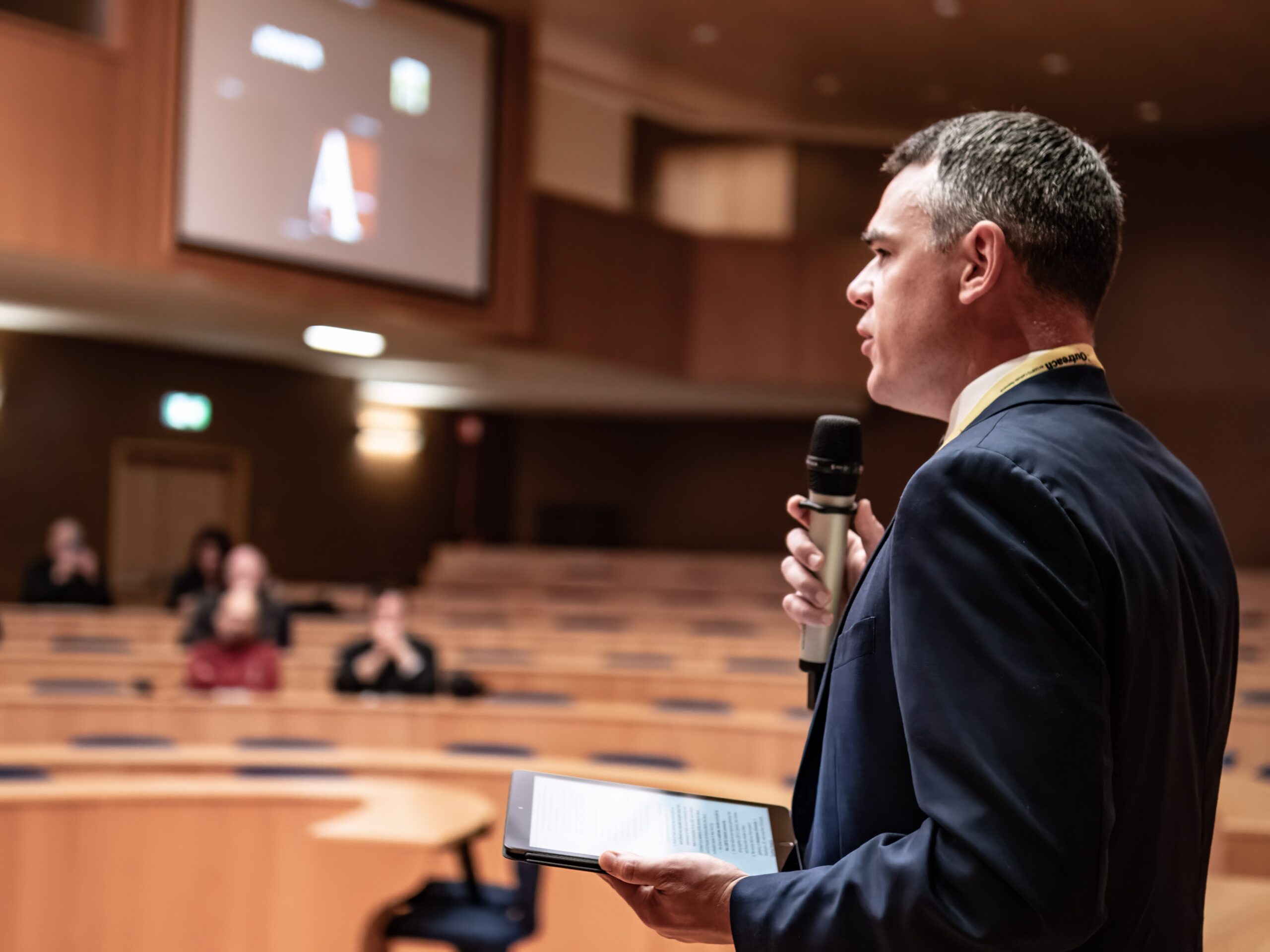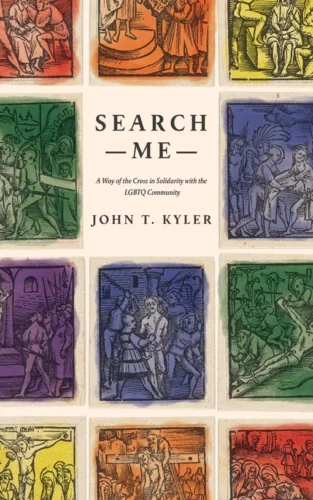Ten years ago this month, I arrived in Rome to cover the Synod on the Family, my first time as a then-young reporter covering this international gathering of bishops.
In 2014, Pope Francis was still relatively new and his calls for honest conversations about a range of issues affecting Catholic families electrified the church. The synod itself was a playground for a young reporter. Famous journalists descended on Rome, cardinals and bishops were generous with interviews, and a sense of momentum permeated the press conferences.
I’m back in Rome now, for the Synod on Synodality, and let’s just say that over the past 10 years, the vibes have shifted.
Much of that is by design. Pope Francis has urged synod delegates, which now include lay men and women, to be more restrained in their interactions with the press. As a result, some synod delegates describe the proceedings as more contemplative, a development that perhaps comes at the expense of some transparency. Journalists covering the daily press briefings rarely leave with much news to report.
But that doesn’t mean things are not happening.
Outreach and America Media hosted a dialogue on Oct. 8 for synod delegates asking, “What is the experience of LGBTQ Catholics?” Our event was international; it included people born in Uganda, Zimbabwe, Malta, Chile, the United Kingdom and the United States. Cardinal Stephen Chow, S.J., the bishop of Hong Kong and a delegate at the synod, offered an opening prayer, and the afternoon concluded with a prayer from Julia Oseka, a senior at St. Joseph’s University in Philadelphia who was born in Poland.
Our guests gathered for lunch and then participated in a roughly one-hour dialogue, in which the panelists answered seemingly simple yet profound questions: What do you love about the Catholic Church? Who is Jesus to you? What do you want synod delegates to know about your experience as an LGBTQ Catholic? You can read more about their answers in the report I wrote, but I want to reflect for a moment on what hosting the event signified.
We gathered in the aula inside the Jesuit Curia, the headquarters of the Society of Jesus, just steps from the Vatican. Because the afternoon was a private conversation, I can’t reveal who attended. But I can say that we had a good number of folks who probably already support the mission of Outreach, which is to celebrate, elevate and build up the LGBTQ Catholic community and to make the church more welcoming. I was glad they were there and, looking out at their smiling faces eased my nerves a bit as I offered opening remarks.
But in my closing remarks, I offered special gratitude to individuals who, I suspected, may not have been totally at ease. We had several guests who hail from parts of the world where LGBTQ issues remain taboo, where these kinds of discussions rarely take place.
The panelists offered thoughtful, kind and occasionally challenging answers to the questions, but they each approached the dialogue in a spirit of charity and goodwill. Their perspectives were each unique; the challenges facing a gay man in Zimbabwe are certainly different than those facing a lesbian physician in London. But by offering anecdotes from their lives, by explaining why they remain committed to the church, the panelists provided a genuine encounter with other Catholics, including some who may not have heard such stories before.
It has perhaps become cliché to describe these kinds of experiences as synodal, but in the hall yesterday, something was at work. I admittedly didn’t feel the same sensation as I did in 2014. I think there’s a sense that this synod will not lead to the kinds of outcomes some Catholics hoped for back then.
Still, I couldn’t help but feel some of that momentum as we wrapped up the afternoon. The conversation was contemplative and respectful, and that it happened at all showed a spirit of dialogue has taken hold in Rome. Pope Francis has said repeatedly that the synod is not a parliament and that the point is not a specific outcome. Instead, he wants to change the way the church engages with itself and the world. He has recognized the toxicity of polarization and sees in the synodal way an opportunity to walk together. I’m not sure what, if anything, will come out of our gathering yesterday. But for at least an hour, the church did indeed journey together as it considered the lived experiences of a group of faith-filled LGBTQ people.
This essay originally appeared at America as part of the Synod Diary series.




